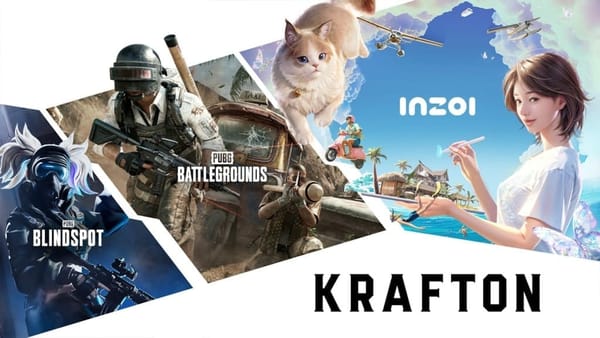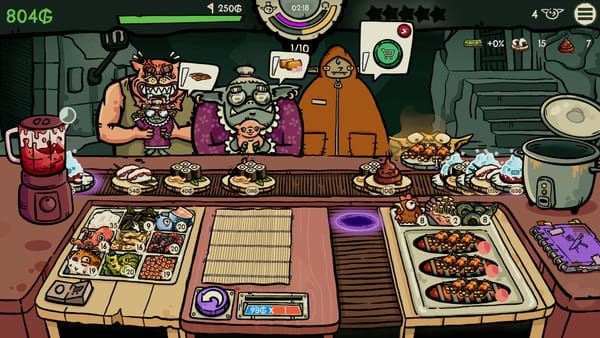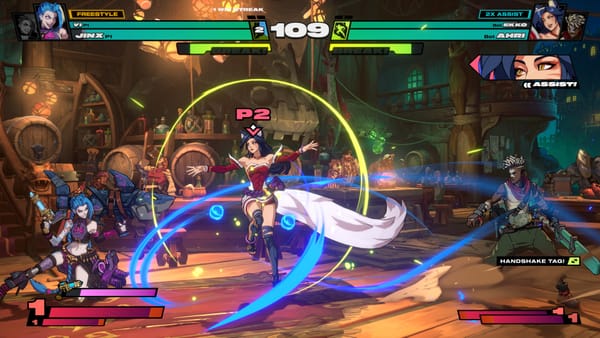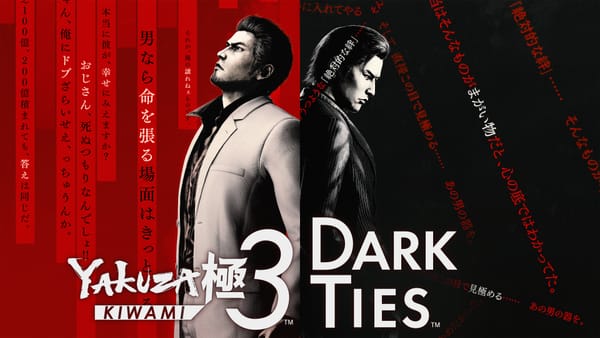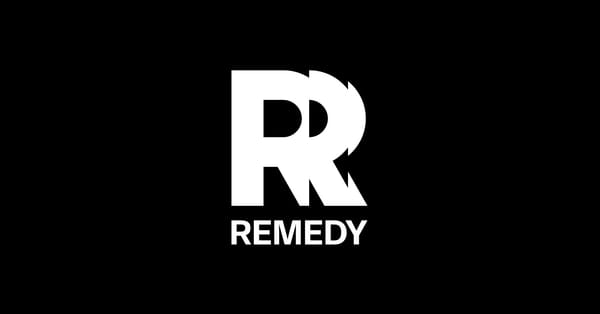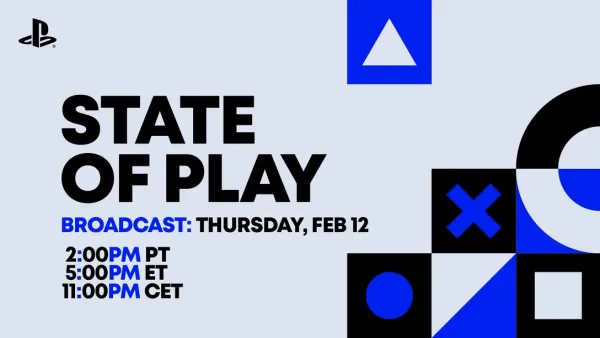Conflict Ahead: EU Commission and CPC Set Sights on Games Industry




The Consumer Protection Cooperation (CPC) Network, coordinated by the European Commission, has established key principles on in-game virtual currencies, which are being criticized by the industry associations VGE and EGDF as "misinterpretations of EU consumer law". A legal dispute appears likely and could result in strict new regulations.
The origin of the current tension lies in a consumer protection case concerning Star Stable Online. Initiated by the Swedish Consumers' Association, the CPC Network reviewed the game developed by the Swedish company Star Stable Entertainment AB, gathering and assessing relevant information.
The CPC Network, a coalition of national consumer protection bodies coordinated by the European Commission that intervenes in cross-border consumer matters, concluded that several business practices within Star Stable Online violate EU consumer protection law. As a result, enforcement proceedings have been initiated, with Star Stable Entertainment given one month to respond to the allegations. So much for the initial case.
Coinciding with this decision, the CPC Network published a set of "key principles on in-game virtual currencies", which can be found on the website of the EU Commission. These seven principles, according to the CPC, set out minimum requirements for the purchase and use of virtual currencies. They include “clear and transparent pricing and pre-contractual information,” a ban on “practices hiding the costs of in-game digital content and services, as well as practices forcing consumers to purchase virtual currency,” respect for consumers’ right of withdrawal, and particular protections for vulnerable users especially children.
"We will be undertaking a thorough legal assessment of the principles and will seek further engagement with the CPC Network"
- VGE and EGDF
The CPC notes that these principles were developed in response to concerns raised by The European Consumer Organization (BEUC). BEUC, the umbrella organization representing 22 national consumer protection groups, filed a formal complaint in September against several game companies including major players like EA, Activision Blizzard, Epic Games, Roblox, Supercell and Mojang addressed to both the European Commission and the CPC Network. What makes the situation tricky is that some of the BEUC members also act as contact points for the CPC Network, such as the vzbv in Germany.
It’s no surprise, then, that the two European games industry umbrella associations Video Games Europe (VGE) and the European Game Developers Federation (EGDF) have sharply criticized the CPC’s newly published principles. In a joint statement, they stress the industry’s awareness of its responsibilities and highlight the many measures that member companies and organizations already take to protect both consumers and minors.
"We are disappointed by the lack of engagement from the CPC Network in creating these principles, which introduce new legal theories and misguided interpretations of EU consumer law that will create confusion and disruption for European consumers," the statement reads. The associations also warn that the proposed regulations may present a serious economic challenge, particularly to industry growth. For this reason, the associations are not prepared to accept the CPC’s guidelines without scrutiny. "We will be undertaking a thorough legal assessment of the principles and will seek further engagement with the CPC Network to ensure the best experience for our players," they state, leaving legal action on the table while still expressing a willingness to engage in dialogue.
Regardless of how the Star Stable Online case plays out, it’s clear that consumer protection will remain a key political issue for the games industry in the weeks and months ahead.
Never miss anything from the German, Swiss and Austrian games industry again: subscribe for free to our Daily newsletter and get all news straight to your inbox.

